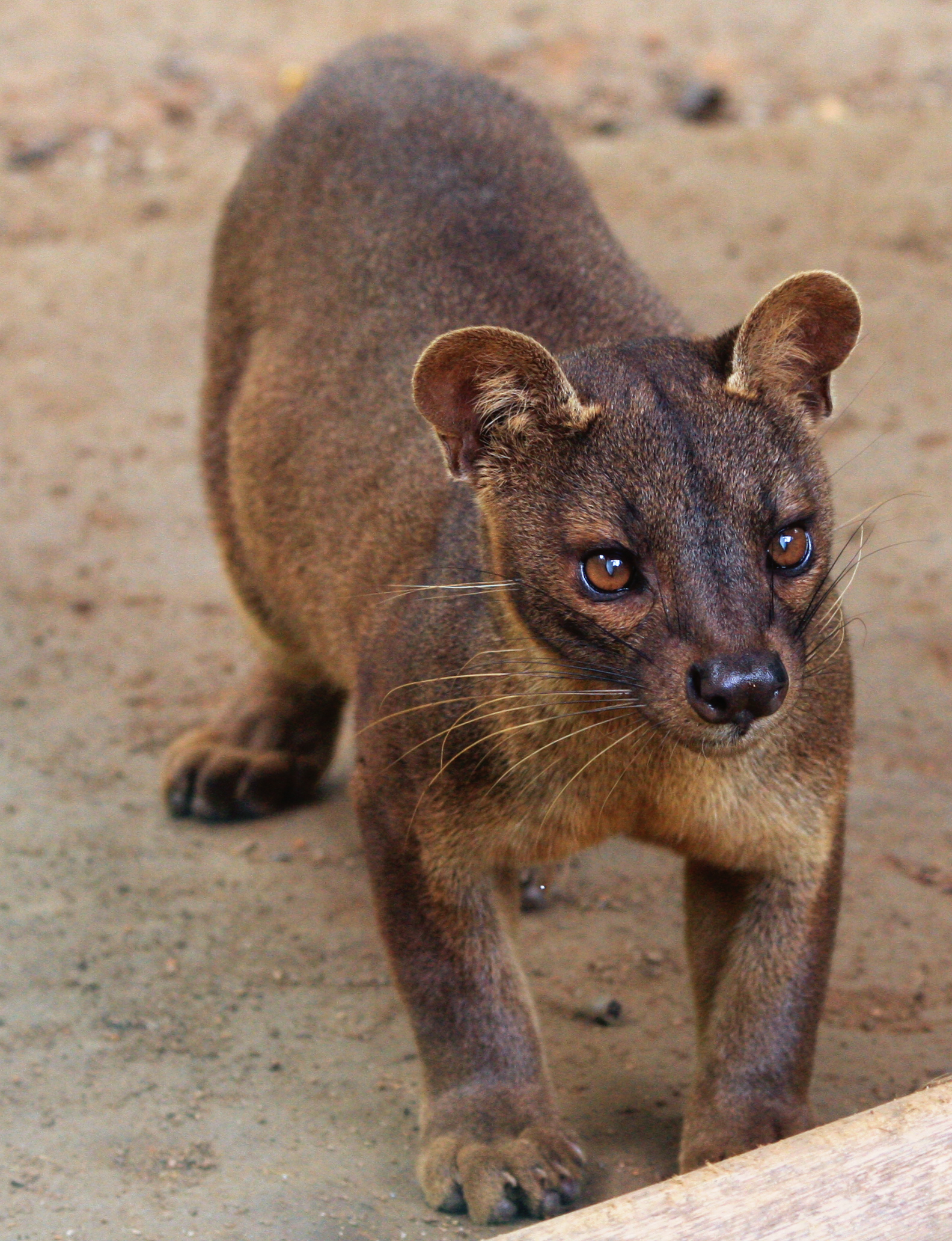Science News
A Matter of Taste?
March 14, 2012

A few years ago, a research team from the Monell Center in Philadelphia found that cats (house cats as well as large, wild cats) lack a sweet tooth. The cats are unable to taste sweet compounds due to defects in a gene that controls structure of the sweet taste receptor.
Cats are obligate carnivores—they feast on meat and nothing else (save Garfield and his lasagna)—so the team wondered if this same gene defect occurs in other obligate carnivores.
This week, publishing in the Proceedings of the National Academy of Sciences, the team concluded that sea lion, fur seal, Pacific harbor seal, Asian otter, spotted hyena, fossa, and banded linsang species all had defective sweet receptor genes.
Senior author Gary Beauchamp of Monell, comments, “Sweet taste was thought to be nearly a universal trait in animals. That evolution has independently led to its loss in so many different species was quite unexpected.”
Further examination revealed that the defective portion of the sweet receptor gene varies among the seven species with non-intact receptors. Together, the findings show convergent evolution of this trait throughout the species—suggesting that diet-related taste loss has happened repeatedly and independently throughout evolution and demonstrating the importance of dietary niche in the structure and function of an animal’s sensory system.
The researchers then extended their testing to a couple of sea mammals that swallow their food whole, suggesting that taste may not play an important role in their dietary selection. The scientists examined sweet and umami (savory) taste receptor genes in the sea lion and bottlenose dolphin. As predicted, these animals experience extensive taste loss. Neither species possessed functional sweet or umami receptor genes, and the dolphin also had nonfunctional bitter taste receptor genes.
As the NPR blog The Salt remarks:
… it’s hard not to feel a wee bit sad at the notion of all those Sea World dolphins, unable to savor their post-performance reward.
But some carnivores are lucky, reports Science News.
This loss isn’t universal among dedicated meat eaters, though. Red wolves, Canadian otters and aardwolves (hyena relatives that stalk termites) turn out not to have lost their genetic sweet spot. “Or haven’t lost it yet,” as Beauchamp puts it.
Fossa image: Chad Teer/Flickr